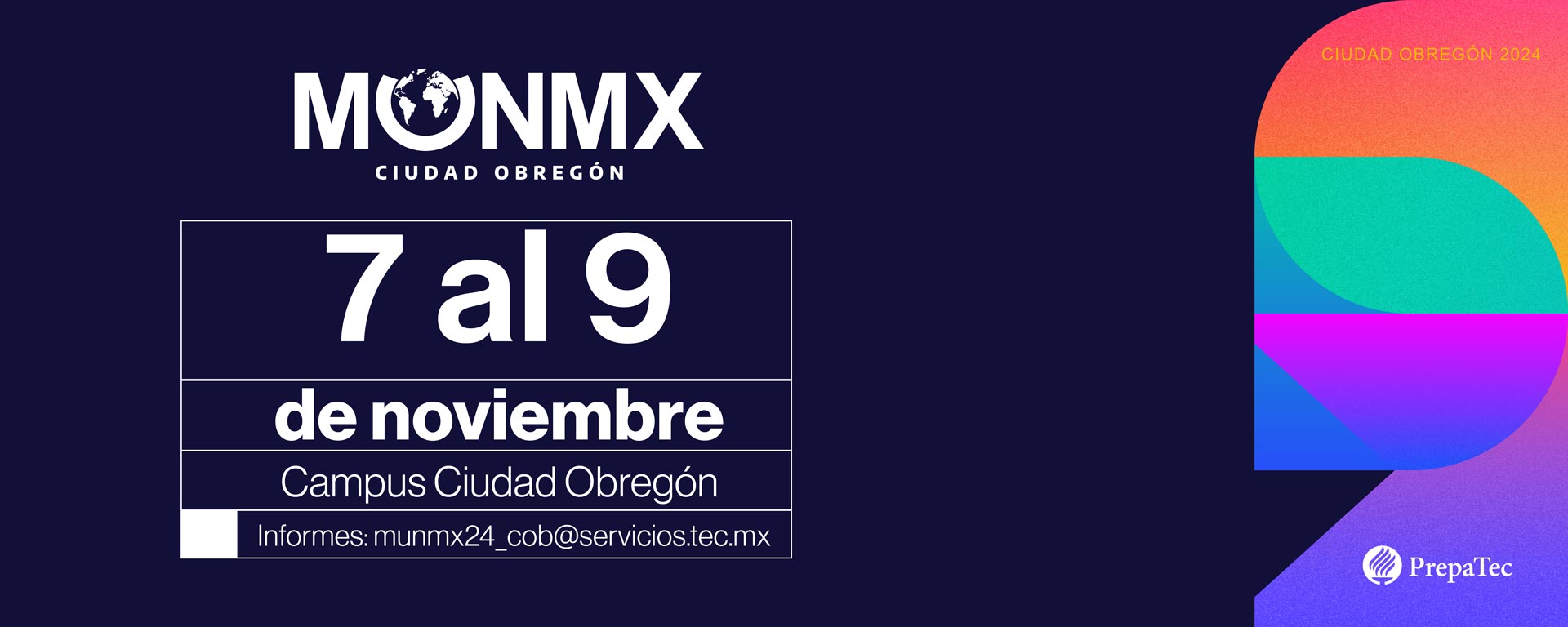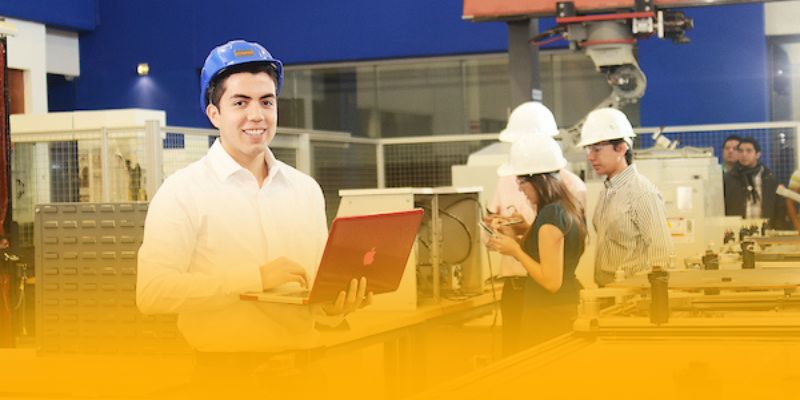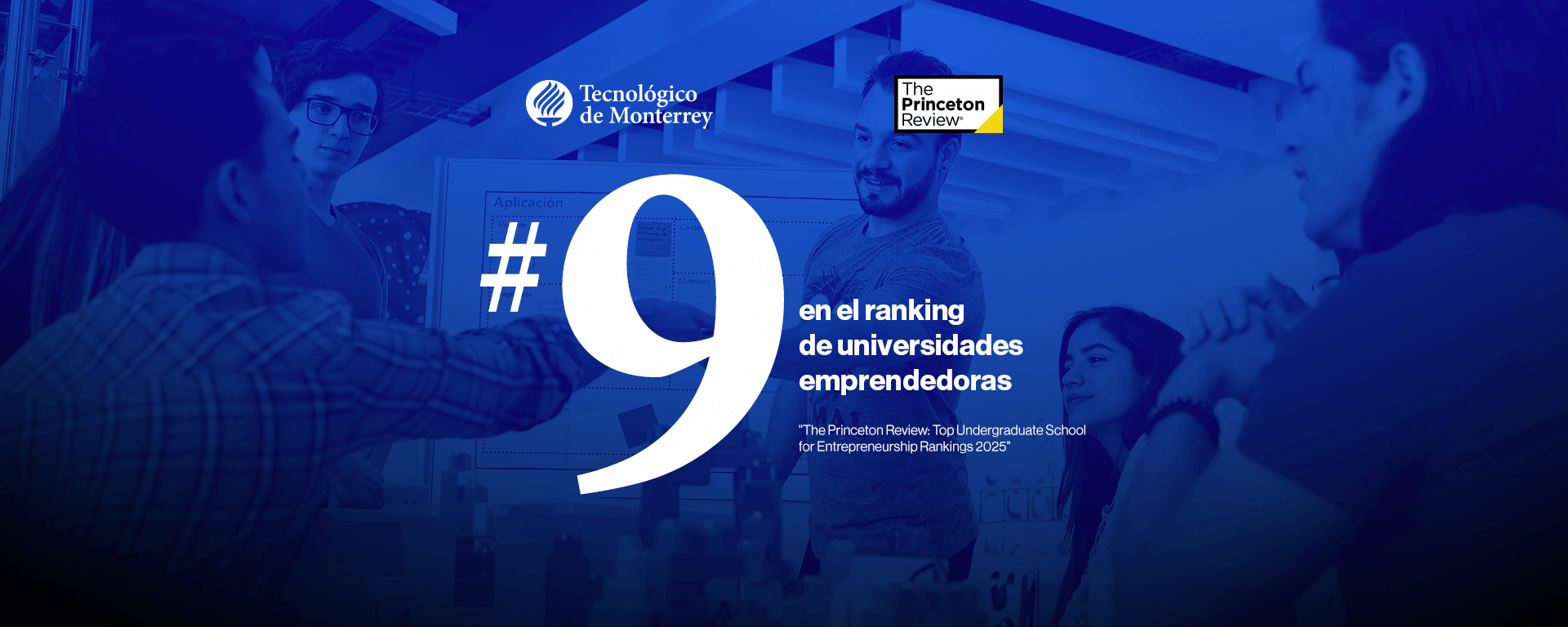
d
d
d
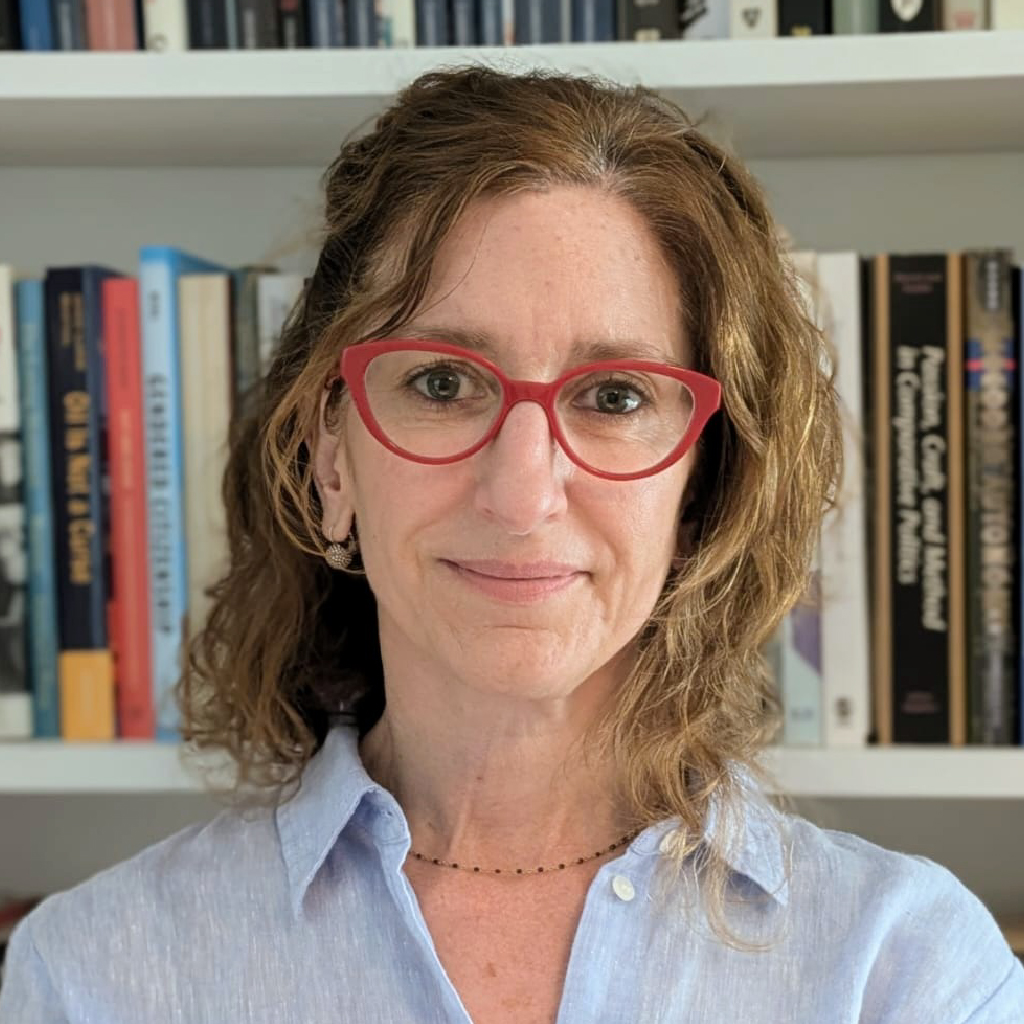
Expertise
Subnational politics
Subnational and national governments
Democratic and semi-authoritarian regimes
Dr. Agustina Giraudy is a full professor (tenured) of Political Science in the School of International Service at the American University (AU). She was previously an academy scholar at the Harvard Academy for International and Area Studies at Harvard University and a lecturer at the Torcuato Di Tella University and the San Andrés University, in Argentina.
She also worked as a consultant for organizations such as the World Bank, the Ford Foundation, and the Inter-American Development Bank (IADB).
Currently, her work focuses on the analysis of subnational and national democracies and semi-authoritarian regimes, unequal access to public goods, and institutional accountability. Her research explores the causes and consequences of unequal territorial access in LATAM and the U.S., and how this affects citizens’ rights in all spheres: civil, political, economic, and social.
She is the author of multiple articles in peer-reviewed journals and two books, including Democrats and Autocrats. Pathways of Subnational Undemocratic Regime Continuity within Democratic Countries (Oxford University Press, 2015).
She has been recognized with several awards, including the Dean’s Summer Research Award (AU, 2022) and the Best Journal Article of Regional and Federal Studies published in 2019 (2020), among many others.
Agustina Giraudy joined Tecnológico de Monterrey as Distinguished Visiting Professor in Democracy and Populism for the School of Social Sciences and Government and for the School of Government and Public Transformation.
Alcañiz, I., & Giraudy, A. (2022). From international organizations to local governments: how foreign environmental aid reaches subnational beneficiaries in Argentina, Brazil, and Mexico. Environmental Politics, 32(4), 663–683. https://doi.org/10.1080/09644016.2022.2124004
Giraudy, A., & Niedzwiecki, S. (2021). Multi-level governance and subnational research: Similarities, differences, and knowledge accumulation in the study of territorial politics. Regional & Federal Studies, 32(3), 393–411. https://doi.org/10.1080/13597566.2021.1941900
Diaz-Rioseco, D. and Giraudy, A. (2021), Unconditional Transfers Are Not Oil: The Economic Foundations of Subnational Undemocratic Regime Reproduction. Bull Lat Am Res, 40: 730-749. https://doi.org/10.1111/blar.13219
Cyril Bennouna, Agustina Giraudy, Eduardo Moncada, Eva Rios, Richard Snyder, Paul Testa, Pandemic Policymaking in Presidential Federations: Explaining Subnational Responses to Covid-19 in Brazil, Mexico, and the United States, Publius: The Journal of Federalism, Volume 51, Issue 4, Fall 2021, Pages 570–600, https://doi.org/10.1093/publius/pjab025
Benton, A. (2021). Inside Countries: Subnational Research in Comparative Politics. Edited by Agustina Giraudy, Eduardo Moncada, and Richard Snyder. Cambridge: Cambridge University Press, 2019. Perspectives on Politics, 19(1), 295–297. doi:10.1017/S1537592720004326

Expertise
Política subnacional
Gobiernos subnacionales y nacionales
Regímenes democráticos y semiautoritarios
Dr. Agustina Giraudy is a full professor (tenured) of Political Science in the School of International Service at the American University (AU). She was previously an academy scholar at the Harvard Academy for International and Area Studies at Harvard University and a lecturer at the Torcuato Di Tella University and the San Andrés University, in Argentina.
She also worked as a consultant for organizations such as the World Bank, the Ford Foundation, and the Inter-American Development Bank (IADB).
Currently, her work focuses on the analysis of subnational and national democracies and semi-authoritarian regimes, unequal access to public goods, and institutional accountability. Her research explores the causes and consequences of unequal territorial access in LATAM and the U.S., and how this affects citizens’ rights in all spheres: civil, political, economic, and social.
She is the author of multiple articles in peer-reviewed journals and two books, including Democrats and Autocrats. Pathways of Subnational Undemocratic Regime Continuity within Democratic Countries (Oxford University Press, 2015).
She has been recognized with several awards, including the Dean’s Summer Research Award (AU, 2022) and the Best Journal Article of Regional and Federal Studies published in 2019 (2020), among many others.
Agustina Giraudy joined Tecnológico de Monterrey as Distinguished Visiting Professor in Democracy and Populism for the School of Social Sciences and Government and for the School of Government and Public Transformation.
Alcañiz, I., & Giraudy, A. (2022). From international organizations to local governments: how foreign environmental aid reaches subnational beneficiaries in Argentina, Brazil, and Mexico. Environmental Politics, 32(4), 663–683. https://doi.org/10.1080/09644016.2022.2124004
Giraudy, A., & Niedzwiecki, S. (2021). Multi-level governance and subnational research: Similarities, differences, and knowledge accumulation in the study of territorial politics. Regional & Federal Studies, 32(3), 393–411. https://doi.org/10.1080/13597566.2021.1941900
Diaz-Rioseco, D. and Giraudy, A. (2021), Unconditional Transfers Are Not Oil: The Economic Foundations of Subnational Undemocratic Regime Reproduction. Bull Lat Am Res, 40: 730-749. https://doi.org/10.1111/blar.13219
Cyril Bennouna, Agustina Giraudy, Eduardo Moncada, Eva Rios, Richard Snyder, Paul Testa, Pandemic Policymaking in Presidential Federations: Explaining Subnational Responses to Covid-19 in Brazil, Mexico, and the United States, Publius: The Journal of Federalism, Volume 51, Issue 4, Fall 2021, Pages 570–600, https://doi.org/10.1093/publius/pjab025
Benton, A. (2021). Inside Countries: Subnational Research in Comparative Politics. Edited by Agustina Giraudy, Eduardo Moncada, and Richard Snyder. Cambridge: Cambridge University Press, 2019. Perspectives on Politics, 19(1), 295–297. doi:10.1017/S1537592720004326
Inglés
Español
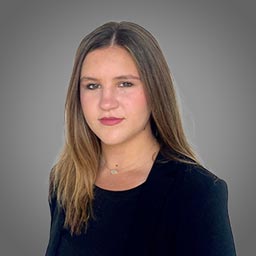
Lucía Elías Calles Rivera
Secretaría General
Ciudad Obregón
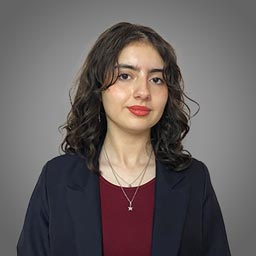
María Leticia Alaniz García
Sub-Secretaría General
Ciudad Obregón
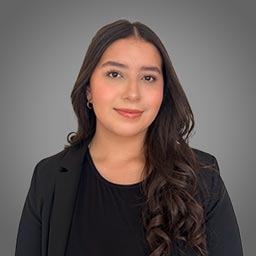
Violeta Serrano Armenta
Subsecretaría de logística
Ciudad Obregón

Ivanna Jehiely García González
Secretaria de Tesorería, Patrocinios y Capacitación
Ciudad Obregón

Eduardo Jaramillo Mansur
Secretaría de Protocolo y Capacitación a mesas y delegados
Santa Anita

Victoria García Castellanos
Sub-secretaría de Protocolo y Capacitación a Mesas y delegados
Santa Anita
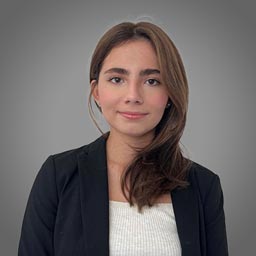
Camila Campos Juárez
Secretaría de Asignación de comités y tópicos
Sinaloa
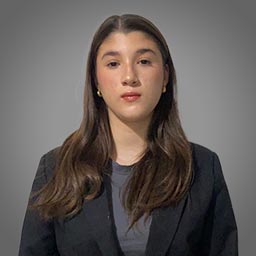
Emma Cristina Barceló
Sub-secretaría de Asignación de comités a delegados
Ciudad Obregón
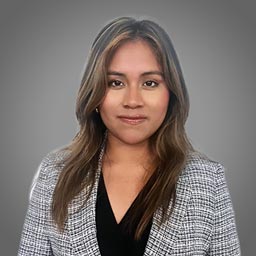
Ana Elisa Guerra Domínguez
Sub-secretaría de atención a delegados
Ciudad Obregón
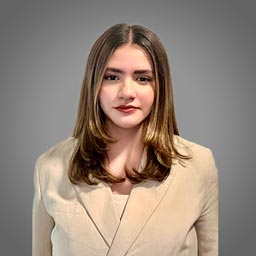
Karen Rangel García
Secretaría de comunicación e imagen
Morelia
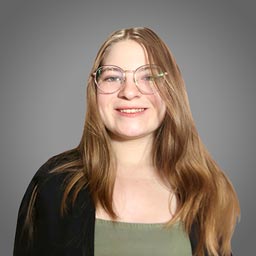
Lucía Félix Rivera
Sub-secretaría de comunicación e imagen
Ciudad Obregón
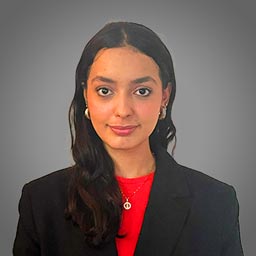
Melanny Serrano Rivera
Sub-secretaría de logística y Secretaría académica
Ciudad Obregón

Fátima Rodríguez Fonz
Vicesecretaría Asamblea General Español
Guadalajara
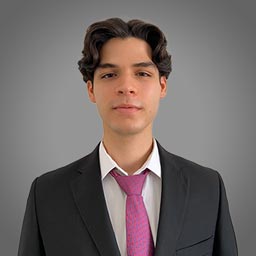
Dante José Leyva López
Vicesecretaría ECOSOC
Ciudad Obregón
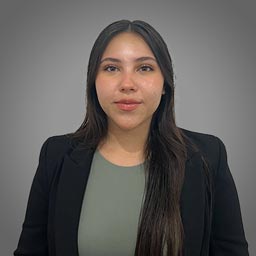
Elisa María Ruvalcaba Sánchez
Vicesecretaría Consejo de Seguridad
Guadalajara
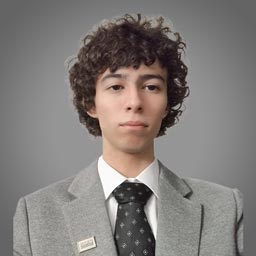
José Alfonso Schwarzbeck
Vicesecretaría General Assembly
Ciudad Obregón

Arlén Mariana Navarro Valenzuela
Vicesecretaría Secretaría General
Ciudad Obregón
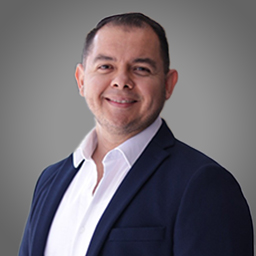
Pedro Trevizo Martínez
Organizador
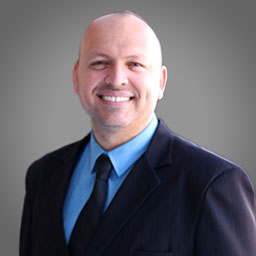
Mario Leyva
Facultie Campus Ciudad Obregón
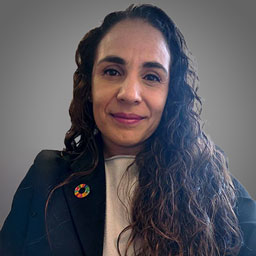
Laura Mariza Bayardo Sólorzano
Facultie Campus Guadalajara
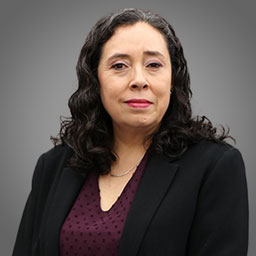
Lizbeth Hernández Aguilar
Facultie Campus Morelia
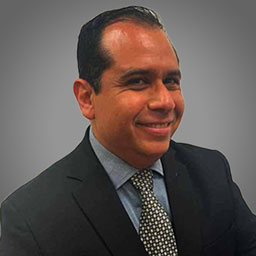
Freddy Aguilar
Facultie Campus Santa Anita
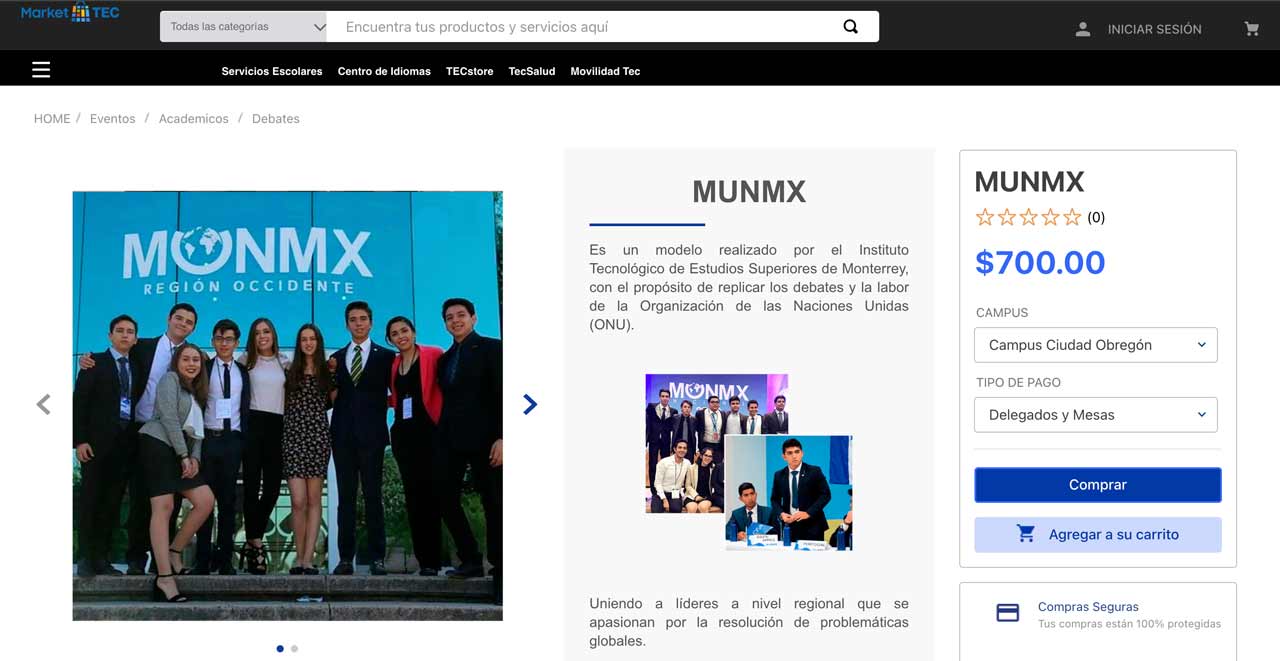
1. Realiza tu inscripción de TecMUN Ciudad Obregón 2024 a través de MarketTeckeyboard_arrow_right
Los costos para este evento serán:
MESAS Y DELEGADOS: $700.00 (pesos mexicanos)
Incluye: Materiales y coffee breaks
IMPORTANTE: Asegurate elegir el campus Ciudad Obregón
2. Envía tu comprobante de pago a más tardar el 27 de septiembre de 2024 por medio del Formulario de Registro:
3. Dudas o preguntas a través del correo electrónico: munmx24_cob@servicios.tec.mx

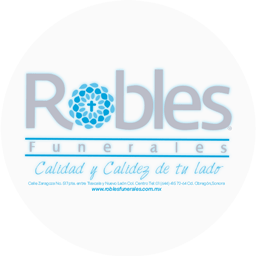
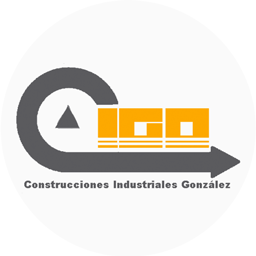


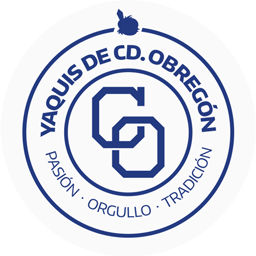
OHCHR
Español
Vicesecretaria: Arlén Mariana Navarro Valenzuela
Tópicos:
A. Estrategias de protección a activistas y periodistas en virtud de la censura local
B. Estrategias para mitigar las violaciones de derechos humanos cometidas por grupos paramilitares
Classroom:https://classroom.google.com/c/NzA3NjYzNjQ5MTAy?cjc=iveql6x
UNODC
Español
Vicesecretaria: Arlén Mariana Navarro Valenzuela
Tópicos:
A. Impacto economico generado por las actividades ilicitas del narcotrafico en el Triángulo Dorado: Laos, Myanmar y Tailandia
B. Impacto social del auge de la cocaína: Estrategias para reducir la violencia y los daños a la salud derivados de esta droga
Classroom:https://classroom.google.com/c/NzA3NjY1OTY2NTEx?cjc=ujmnilr
Asamblea General
Español
Vicesecretaria: Fátima Rodríguez Fonz
Tópicos:
A. Garantización de la protección civil y la vida digna, durante los conflictos armados en el medio oriente
B. La implementación de la ley de identidad de género a nivel mundial
Classroom: https://classroom.google.com/c/NzA3NjY1MTUzNDgw?cjc=ghn7p4f
ONU Mujeres
Español
Vicesecretaria: Fátima Rodríguez Fonz
Tópicos:
A. Implementación de politicas inclusivas para la protección de los derechos de las mujeres trans
B. Violencia laboral. Acciones para erradicar el acosay hostigamiento sexual contra las muejres en el trabajo
Classroom: https://classroom.google.com/c/NzA3NjY1NjkwNTk0?cjc=yd6uzop
ACNUR
Español
Vicesecretaria: Fátima Rodríguez Fonz
Tópicos:
A. Estrategias para la integración e inclusión social de los refugiados manteniendo la econimía y la calidad de vida en comunidades anfitrionas
B. La violencia sexual e inseguridad para las muejres que se encuentran en campos de refugiados
Classroom: https://classroom.google.com/c/NzA3NjY2MDQ4NzM0?cjc=rps7m3x
Consejo Económico y Social
Español
Vicesecretaria: Dante José Leyva López
Tópicos:
A. Trabajo digno para todos: oportunidades y retos de los mercados laborales cambiantes
B. Transformación de los centros de atención a niños, adultos mayores y a mujeres para garantizar sus derechos
Classroom: https://classroom.google.com/c/NzA3NjY2NTEwNTc4?cjc=nkzj4pg
OIT
Español
Vicesecretaria: Dante José Leyva López
Tópicos:
A. Trabajo infantil en la industria del cacao en África Occidental
B. El impacto de la inteligencia artificial en el trabajo: desafíos y oportunidades para la inclusión laboral
Classroom: https://classroom.google.com/c/NzA3NjY2NDMyMzkx?cjc=onsqx3h
OMS
Español
Vicesecretaria: Dante José Leyva López
Tópicos:
A. Salud sexual y reproductiva en adolescentes: Promoción escolar en Latinoamérica y el Caribe. Educación sexual impartida en escuelas
B. Renuencia a la vacunación contra el COVID-19
Classroom: https://classroom.google.com/c/NzA3NjYyOTQwMjEz?cjc=b34d5jz
Consejo de Seguridad
Español
Vicesecretaria: Elisa María Ruvalcaba Sánchez
Tópicos:
A. Palestina como posible miembro de las Naciones Unidas
B. Conflicto territorial en el Mar de la China Meridional
Classroom: https://classroom.google.com/c/NzA3NjY2NjQ3NzI5?cjc=5kaw4pe
INTERPOL
Español
Vicesecretaria: Elisa María Ruvalcaba Sánchez
Tópicos:
A. Estrategias para combatir la trata infantil en la región de latinoamérica
B. Cooperación internacional en la lucha contra la delincuencia financiera cibernética
Classroom: https://classroom.google.com/c/NzA3NjY3Mzc5NDYw?cjc=odzcveq
General Assembly
English
Deputy Secretary: José Alfonso Schwarzbeck Carriquiry
Topics:
A. Addressing the global rise in anti-LGBT hate crimes: policies that can be implemented to promote inclusivity and protect vulnerable communities
B. Impact of Declining Birth Rates on Economic and Social Stability in Developed Nations: Strategies for Government Intervention in order to ensure sustainable development of countries
Classroom: https://classroom.google.com/c/NzA3NjY2NjE3NDE2?cjc=5yqtcbo
UNEP
English
Deputy Secretary: José Alfonso Schwarzbeck Carriquiry
Topics:
A. Examining fracking and its effects on carbon emissions, public health and environmental pollution
B. Assessing the environmental impact of deep-sea mining: Developing sustainable practices and regulatory frameworks
Classroom: https://classroom.google.com/c/NzA3NjY3Mjk0NTg2?cjc=qg2c245
At Tec de Monterrey, state of the art knowledge and research about advanced materials and manufacturing models are the best way to resolve the enormous challenges that have resulted from the current development model.
We want to contribute to a carbon-neutral economy through the discovery, development, and creation of advanced materials to achieve sustainable manufacturing.
At IAMSM, our purpose is to forge cutting-edge scientific and technological knowledge, offering insightful analyses, innovative ideas, and solutions that propel a sustainable production model.
Through interdisciplinary collaboration, we generate advanced materials, pioneering manufacturing processes, and technology-based businesses while advocating for supportive public policies.
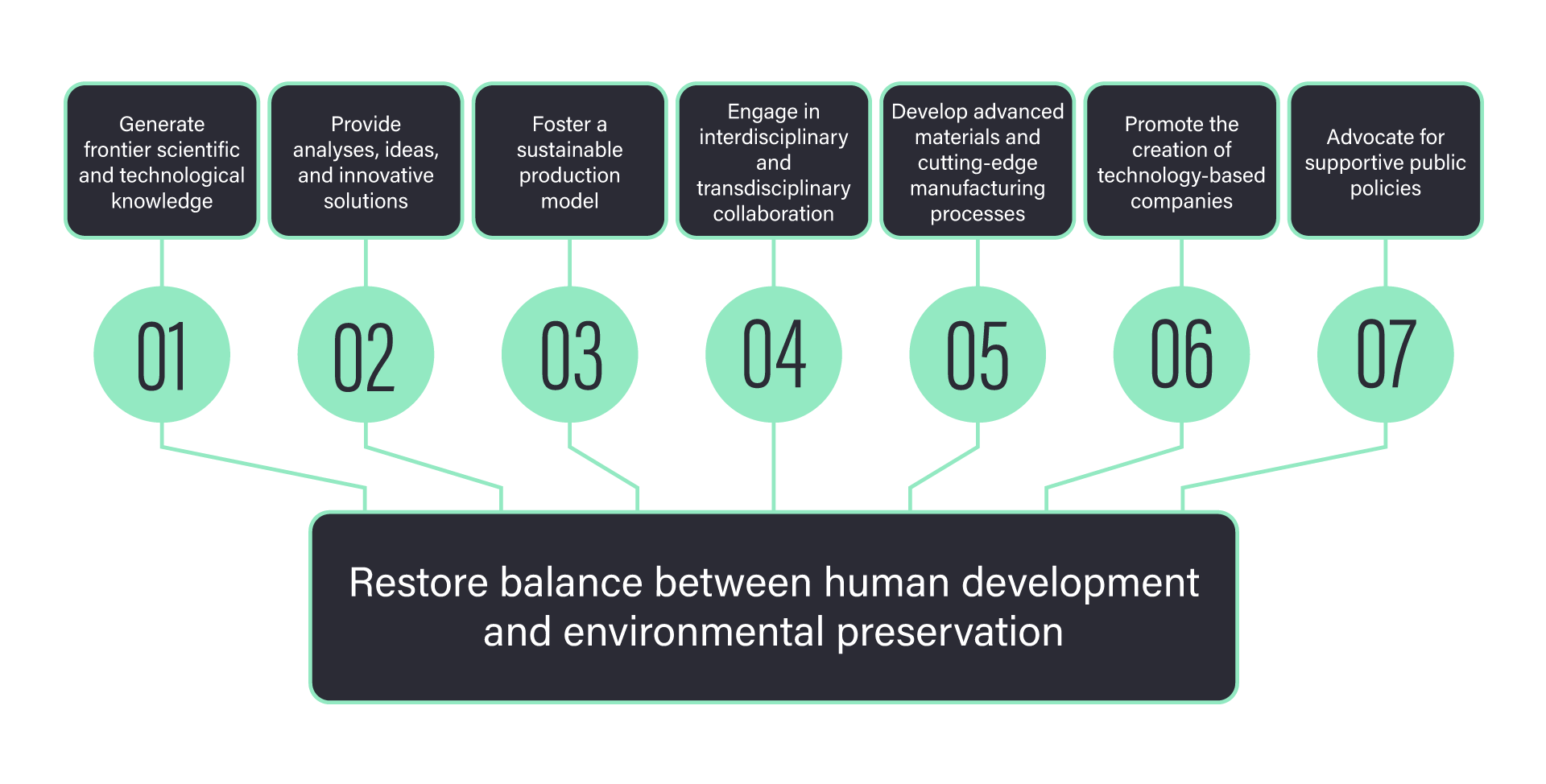
Our vision extends beyond innovation; we envision a future where sustainable manufacturing is not just a practice but a global standard. We strive to be the catalysts for a paradigm shift in the industry, leading towards a harmonious coexistence between technological progress and ecological preservation.
2022
Creation of the Institute and first International Conference
2023
Additive Manufacturing Core Lab Inauguration
Strategic Partners: Southwest, MIT, NTU, Alberta
2024
10 Professors Top 500 LATAM
2030
LATAM Top Institute for research and collaboration
Embarking on a transformative journey, IAMSM directs its focus towards six interdisciplinary areas, each a beacon of innovation in the pursuit of sustainable manufacturing.
impact areas serve as the compass guiding our pursuit of transformative change.

Revolutionizing creation through precision and efficiency in 3D printing.

Smart Materials
Intelligent materials adapting, pushing boundaries in functionality & design.

Sustainable Plastics
Reshaping materials with eco-friendly alternatives for a sustainable future.

Biowaste Management
Transforming waste into valuable resources, embracing circular economy principles.

CO2 Products and Capture
Harnessing CO2 for positive environmental impact, beyond mere mitigation.

Digital Technologies
Harmonizing tech and sustainability for accelerated eco-friendly manufacturing solutions.

Our Institute operates at the forefront of materials science, driving innovation across nine key research areas, from pioneering lightweight and intelligent materials to innovating manufacturing processes and enabling technologies. We're committed to collaborative research, our approach ensures seamless integration between units, fostering interdisciplinary synergy for transformative solutions.
- Lightweight Materials
- Smart Materials
- Biopolymers
- High-Performance Manufacturing
- Sensing and Smart Manufacturing
- For Rapid Material Discovery and Development
- For Process Optimization and Redesign
- CO2 Capture, Utilization, and Mitigation
- Bioprocesses
Industry collaborations
From industry giants to innovative disruptors, our collaborative network is a testament to the shared dedication to transformative progress and the collective pursuit of a more sustainable future.
Academic collaborations
Our strategic alliances span from leading academic institutions, both nationally and internationally. Together, we drive innovation and advanced sustainable manufacturing practices through collaborative research partnerships to tackle the most pressing challenges facing our world today.


La Vicerrectoría de Internacionalización se complace en participar de la cooperación académica con universidades alemanas del Servicio Alemán de Intercambio Académico (DAAD).
El DAAD y el Tecnológico de Monterrey ofrecen el programa KOSPIE a estudiantes de la Escuela de Ingeniería y Ciencias, el cual tiene duración de un año en Alemania combinando aspectos teóricos, prácticos y culturales.
Carreras específicas para participar: BIE, BME, IAG, IAL, IBT, IC, IDM, IDS, IE, IFI, IID, IIS, IM, IMD, IMT, INA, IQ, IRS, ITC, ITD.
